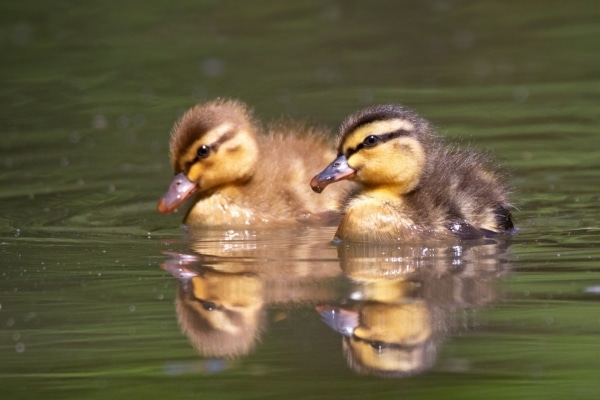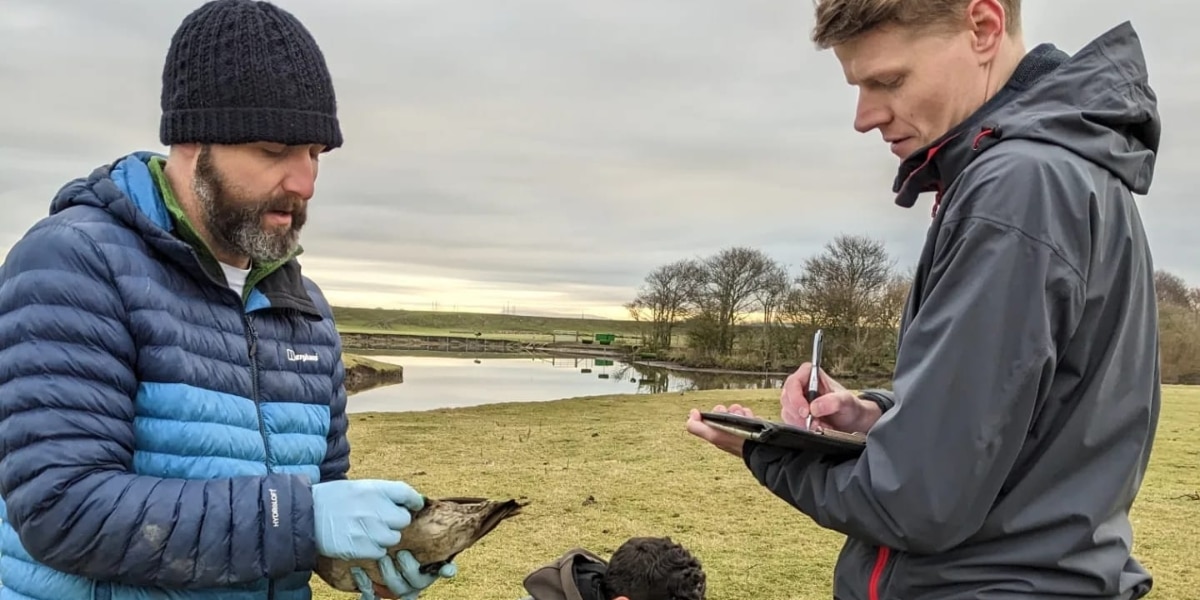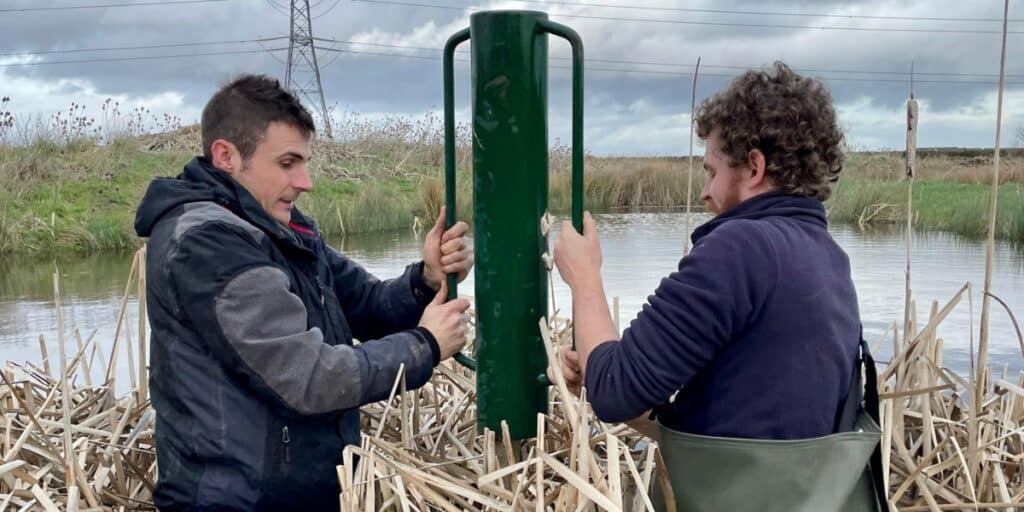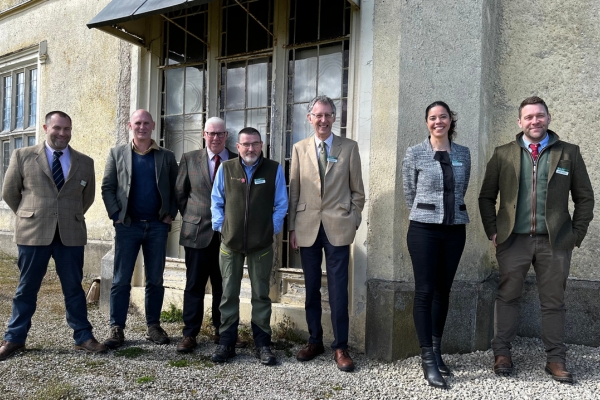
What’s in the nest?
With reports of ducklings hatching out across the country, now is the perfect time to monitor any duck nest tubes you may have installed.
Get information on the legal shooting season for mammals and birds in the UK.
Apply for funding for your project or make a donation today
Comprehensive information and advice from our specialist firearms team.
Everything you need to know about shotgun, rifle and airgun ammunition.
Find our up-to-date information, advice and links to government resources.
Everything you need to know on firearms law and licensing.
All the latest news and advice on general licences and how they affect you.

BASC science advisor, Sophie Stafford, reviews some fascinating research published in March and April, with a particular focus on studies underpinned by data submitted by the public.
As we make our way through the exciting season of Spring and approach Summer, I love seeing the natural world begin to thrive here in the UK.
It appears the world of science is also thriving all over the globe with research published over the last few weeks on beavers in Scotland, mallard in Switzerland, plus other topics such as wildfires, rodenticides, and women’s motivations to shoot.
To me, this time of year is all about change and new life. The breeding season is in full swing for many species, and as we welcome the next generation of resident and migratory species here, our winter migrants will be making their way back to breeding grounds in northern and eastern Europe.
The topic of migration is something I find incredibly fascinating so it’s no surprise that a paper discussing the impact of our changing climate on waterfowl migration sparked my interest this month.
This paper was written by four researchers from two environmental science organisations in Canada. They used community science data from the largest record of bird observations in North America to investigate changes in migration patterns for 15 waterfowl species between 1970 to 2012.
They found that the Autumn season – when waterfowl migrate from cooler northern regions to warmer southern regions for the winter – had become warmer and wetter over the course of four decades, leading to a change in migration patterns for many species.
What is particularly interesting is that some species responded to changes in temperature only; these are called climate migrants. The researchers believe this indicates that they are likely to have temperature thresholds, so when cooler temperatures come later in the season, their peak migration periods reflect this; ie. they migrate later.
Other species’ migrations did not change because of temperature alone, but instead responded to an interaction between temperature and precipitation. These species are known as extreme weather migrants, which is much more variable.
These changes are incredibly important as they could result in mismatches between management, regulations or population surveys, all of which can impact the shooting community.
BASC supports initiatives like Project Penelope, founded by the Waterfowlers’ Network, which monitors Eurasian wigeon to better understand their migratory patterns. It’s very much my belief that research like this is vital in ensuring a future for sustainable shooting.
Monitoring migration patterns is just as important for assessing disease outbreaks, as we saw over the last few years with the highly pathogenic avian influenza (HPAI) epidemic affecting countless species throughout Europe.
Wild birds were identified as key reservoirs of infection, having catastrophic effects not only on wild bird populations but also the poultry industry, which of course had economic consequences too.
A recent paper titled “Utilising citizen science data to rapidly assess potential wild bridging hosts and reservoirs of infection: avian influenza outbreaks in Great Britain” assessed 152 bird species. The researchers used the publicly-available eBird monitoring scheme to determine which species may be most likely to drive incursions of HPAI to other species, and whether this changes over time.
They found that 103 species were strongly associated to at least one peak epidemic period between October 2021 and January 2023, with wildfowl (ducks, geese, and swans), gulls, waders, and terns being the most significant groups consistently linked with epidemic waves.
This is likely due to their high tolerance of the virus, which allows them to survive and pass it on to other, less tolerant species like some sea birds and domestic poultry, including pheasants. Information like this is vital to managing outbreaks with species-specific biosecurity measures and mitigating potential outbreak events in the future.
While both of these articles are really interesting to read in their own right, what I like most about them is that they demonstrate the ways in which the general public can play a part in important scientific research.
BASC has several citizen science projects that you can get involved in, contributing data to important research that will be vital to the future of sustainable shooting as well as conservation initiatives. You can find details of these here.

With reports of ducklings hatching out across the country, now is the perfect time to monitor any duck nest tubes you may have installed.

In a joint effort to combat the declining mallard population, the BBWA and the WWT came together to install duck nest tubes on a local marsh.

The Great Fulford Estate in Devon provided a stunning backdrop for the first BASC gamekeeping conference held in the south west of England.
Sign up to our weekly newsletter and get all the latest updates straight to your inbox.
© 2025 British Association for Shooting and Conservation. Registered Office: Marford Mill, Rossett, Wrexham, LL12 0HL – Registered Society No: 28488R. BASC is a trading name of the British Association for Shooting and Conservation Limited which is authorised and regulated by the Financial Conduct Authority (FCA) under firm reference number 311937.
BASC Direct Ltd is an Introducer Appointed Representative of Agria Pet Insurance Ltd who administer the insurance and is authorised and regulated by the Financial Conduct Authority, Financial Services Register Number 496160. Agria Pet Insurance is registered and incorporated in England and Wales with registered number 04258783. Registered office: First Floor, Blue Leanie, Walton Street, Aylesbury, Buckinghamshire, HP21 7QW. Agria insurance policies are underwritten by Agria Försäkring.
If you have any questions or complaints about your BASC membership insurance cover, please email us. More information about resolving complaints can be found on the FCA website or on the EU ODR platform.